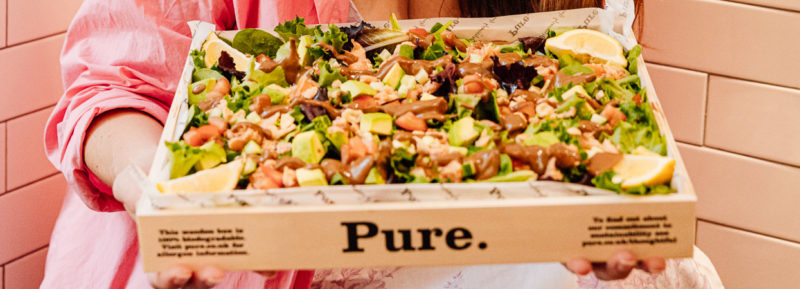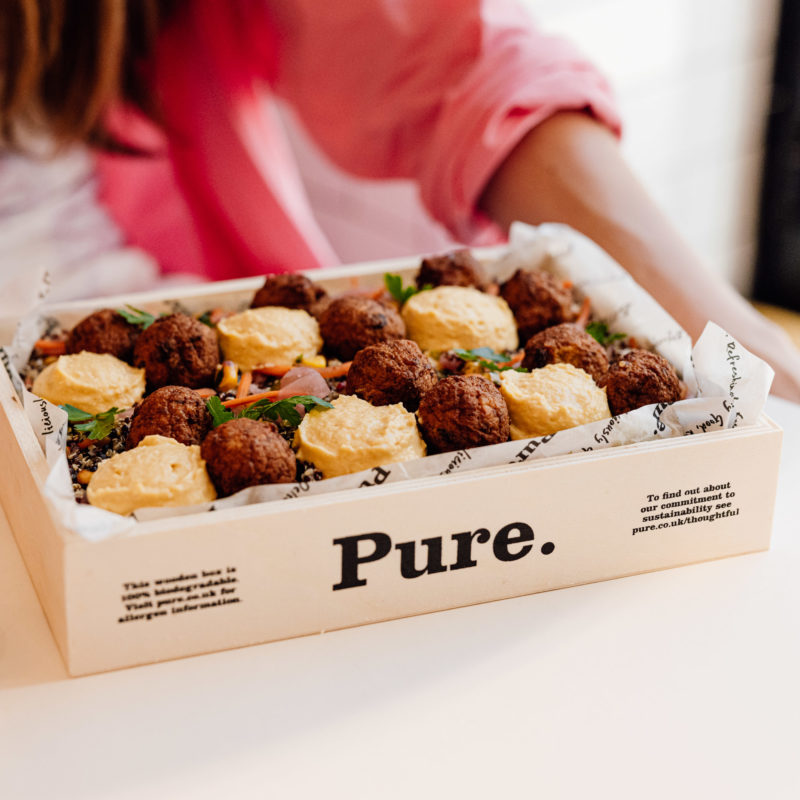
Mood, Motivation & Microbiome – Our Wellness in the Workplace Series
The microbiome is really having a moment – it feels like everybody is talking about it, right? Well, that is for good reason – let’s take a look at what it is and why it’s important.
The gut microbiome is the combination of bacteria, yeast and viruses that line our digestive tract. These organisms work in harmony with us and among other things play a key role in our immune function, support digestion and produce key vitamins. When we hear about an imbalance in this eco-system (dysbiosis) this can result in immune issues, susceptibility to passing infections, hormonal imbalances, digestive issues and ultimately the development of disease.
Not only are there links with physical health, the gut is also closely linked to our nervous system. There is a huge link between gut health and brain health. Our vagus nerve connects our gut and brain and is responsible for switching us from fight or flight (sympathetic nervous response) and rest and digest (parasympathetic nervous response). The gut – brain connection (gut-brain axis) is widely recognised and is why there is an understanding of the significant link between mental health and gut symptoms.
How Can the Microbiome Influence our Mood?
Gut bacteria can produce a lot of calming neurotransmitters like GABA and serotonin (key communication chemicals in the body), which impact our mood. There are lots of studies supporting the positive impact of Lactobacillus and Bifidobacterium species on mood disorders. If we’re missing these key strains we are more susceptible to anxiety and depression. The good news is we can choose certain foods to boost our levels of these bacteria.
Foggy Brain, Concentration and the Microbiome
Have you ever had those days where you cannot seem to get your brain in gear? Sometimes we have phases where an imbalanced microbiome is influencing our brain’s ability. If we have a lot of inflammatory bacteria present, this drives up inflammatory activity throughout the body. This could be getting in the way of key cognitive processes like memory and concentration.
Brain Food
As well as influencing our microbiome we can influence our brain health with foods rich in Omega 3 fats. Did you know the brain is almost 60% fat? Some of the best sources of Omega 3 are oily fish (Salmon, mackerel, anchovies, sardines and herring). Plant based sources include walnuts, chia seeds, hemp seeds and flax seeds. Why not add a Celebrity Skin or a Salmon Lovin’ to your next lunch order, to ensure your team are getting their brain food!

Ingredient Spotlight
Pickled Vegetables
This week’s ingredient spotlight is one that supports diversity in the microbiome, and that’s pickled vegetables. Found in Pure’s new and aptly named, Gut Loving Grains box. Pickled vegetables go through a fermentation process, meaning that the vegetables are a prebiotic (aka gut-friendly bacteria food).

Takeaway Health Tip
How Can I Support My microbiome
There are a few things that the microbiome definitely doesn’t like – it’s not a fan of lots of alcohol, it can struggle with antibiotics, and it REALLY doesn’t like stress.
So what does it like? A variety of different plant-based foods is what keeps the gut really happy. The gut bacteria thrive on fibre – this is their food. The recommended intake of fibre is 30g per day but most of us in the UK are only getting about 20g per day.
Fab fibre sources are:
Pulses (Lentils, Peas, Beans, Chickpeas)
Wholegrains + almost grains (Brown rice, Oats, Rye, Wholewheat, Quinoa, Buckwheat)
Nuts + Seeds (Almonds, Chia Seeds, Flaxseeds)
Starchy Veg (Squash, Sweet Potato, Carrots, Beetroot)
Green veg (Broccoli, Kale, Brussel Sprouts)
Fruit (Pear, Apple, Berries)
Marjolein x